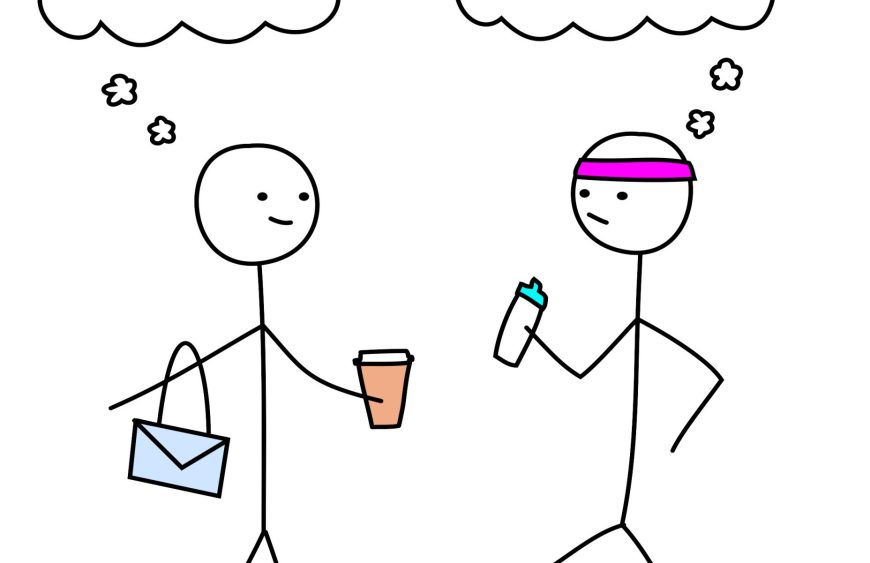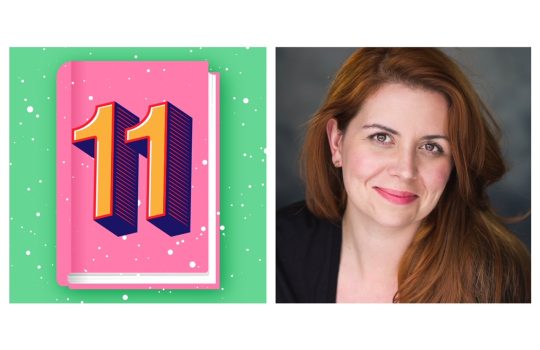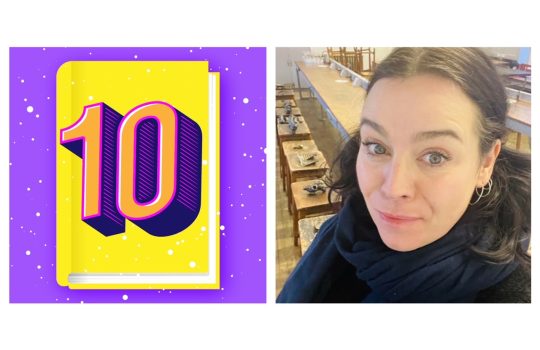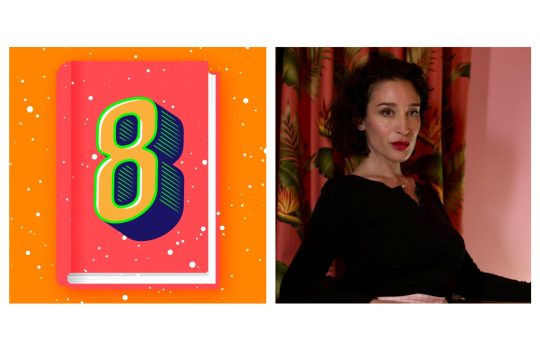I’m slowly realising that the writing advice I am posting each week tends to cross over into general life advice. As writers our vocation is to try to understand the world a little better, we are constantly analysing, asking questions, seeking answers (can you imagine what it’s like to be mates with us?!) so I think there is a crossover here. So whether you’re a writer or a reader, or just a regular human being, perhaps this applies to you.
Let me tell you, it’s hard out there for us writers at the moment. It’s hard out there for everyone. And it’s easy in times like this, to look at someone else and think they have it better. It’s easy to compare yourself, to make a quick sum in your head that their successes are your comparative failures. And once you’re on that tip, well, the only way is down.
Writers tend to be quite neurotic creatures and so this is a comfortable – though not necessarily healthy – place for us. The brilliant best-selling, Costa prize-winning author of The Shock of the Fall and all-round good guy, Nathan Filer, addressed this in a podcast of his recently. His podcast series is titled Why Do I Feel? and you can read about it here. Better still, you can subscribe here. But one episode recently – bravely – addressed his own feelings of envy. Nathan admitted that as an author he struggles with the successes of his peers. He went so far as to say he envies them and explored in this particular fascinating episode with a psychologist how this produces feelings of shame within him. This is something that I am sure many writers can empathise with — we just don’t talk about it enough because, well, the shame. Listening to his podcast recently though, reminded me of my own feelings of envy.
My debut novel The Imposter was published in April. A month afterwards, one of my writer pals had his debut published by the same imprint. It is a little talked about fact that during the publishing year, imprints have their big lead titles that they throw everything behind, and the rest can sometimes feel like list-fillers. My book fell into the latter, or at least I felt it did.
I admit now, I was envious of all the attention and accolades that my author pal was receiving. We had come from the same MA workshop at the University of East Anglia, I had been there at the conception of his book as he had been at mine. We had shared advice and ideas, so it felt incredibly fortunate that we had ended up at the same imprint. Except then I watched as his baby got more attention than my baby. What was wrong with my baby?
It was tempting in those times to scroll past his name on Twitter, or to turn it off altogether. But once I did, I felt that same shame Nathan describes in his podcast – I felt terrible that I couldn’t be happy for my friend. And so I scrolled back up, I found his tweet, I retweeted it, told him how proud I was, clapping hands emojis, the lot. Yet in my phone I confided in friends how hard I’d found that to do.
I told myself it was ok to feel that way, recognising those ugly feelings was half the battle, but forcing myself to celebrate his successes turned into a bit of an affirmation – as soon as I did, I started to feel it too. I was pleased for him, of course, why would his success be any skin off my nose? I was proud of him, I knew how hard he had worked on his book, how much he wanted it to fly and how much it deserved to. We wrote in different genres, it made no sense to compare myself to him. And the same applied to his journey and mine as novelists. My time would come, or perhaps it wouldn’t, but in the meantime, I couldn’t resent him his.
It wasn’t just once that happened, but many, many other times. But I employed the same theory: I told myself I was pleased for him, I retweeted him, celebrated his success, and when I did, I felt it too.
But it’s not easy. It’s not easy for those of us who have already been published, let alone those who are patiently waiting to be and watching others get agents, or publishing contracts, or great sales and prizes. But what I told myself in that moment was the same as I tell my nine-year-old daughter when she complains that someone else got Star of the Week: “Don’t worry about what someone else is doing, all you have to focus on is minding your own business.” And not because it’ll manifest a better outcome for you, but because resenting someone else’s success means you’ll just wind up a bitter, twisted old witch. Or at least I would.

Whatever field you work in, wherever you go in life, there will always be someone more successful than you, and sometimes I think we need to remind ourselves, that we need those blazing a trail in front of us to show us what we can do and achieve too (btw, for me, it’s Madonna, every time – I guess I could have put a picture of her rather than Grotbags… next time).
As I said in the headline to this lesson, comparison is, after all, the thief of joy. Resent someone else’s successes and you miss your own trip, however small in comparison. This is your journey, and hopefully – although I can’t promise – your time will come. Be patient, enjoy the ride, celebrate each achievement however small, because even when you arrive as a writer, you’ll have your eye on the next prize. But that’s what makes writing – and life – so exciting.






